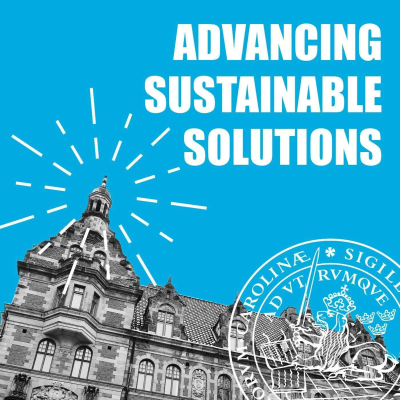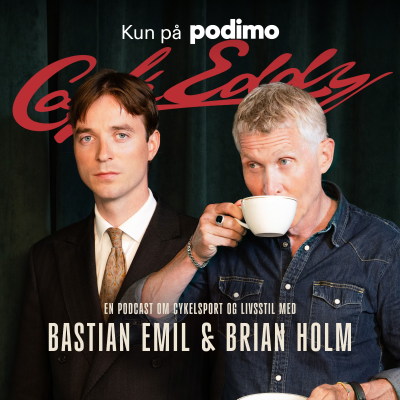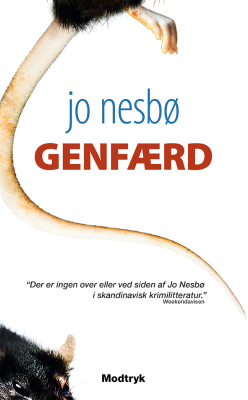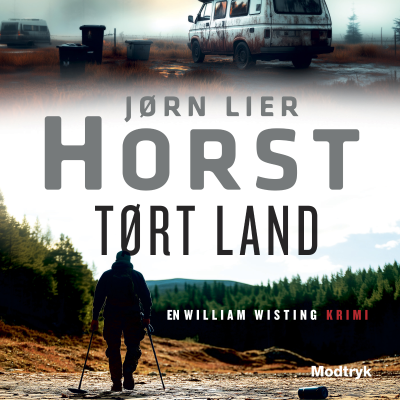
Advancing Sustainable Solutions
engelsk
Videnskab & teknologi
Begrænset tilbud
3 måneder kun 9 kr.
Derefter 99 kr. / månedOpsig når som helst.
- 20 lydbogstimer pr. måned
- Podcasts kun på Podimo
- Gratis podcasts
Læs mere Advancing Sustainable Solutions
Welcome to the podcast 'Advancing Sustainable Solutions', produced by the IIIEE at Lund University. The International Institute for Industrial Environmental Economics (IIIEE) is an interdisciplinary research and education institute located in Lund, Sweden with activities focusing on the transition to low-carbon and resource efficient economies. In this podcast, we will share ongoing research and activities through engaging conversation that is relatable and applicable to our daily lives. In essence, we wish to support listeners in their journey towards sustainability. Look for a new episode at the end of each month!
Alle episoder
39 episoderE6: Dispelling myths about sustainable consumption
Which myths persist about sustainable consumption, where do they come from, and how can they be dispelled? These questions are explored in this latest podcast episode with researchers in the Mistra-funded project Sustainable Consumption – from Niche to Mainstream [https://www.soc.lu.se/forskning/forskningsprojekt/mistra-sustainable-consumption-niche-mainstream]: Oksana Mont [https://www.linkedin.com/in/oksanamont/], Matthias Lehner [https://www.linkedin.com/in/matthias-lehner-a53b571a1/], Josefine Henman [https://www.linkedin.com/in/josefinehenman/], Jessika Richter [https://www.linkedin.com/in/jessika-luth-richter-7ba09b2b/], Marianne Ekdahl [https://www.linkedin.com/in/marianne-ekdahl-2bb52427/], and Mikael Klintman [https://www.linkedin.com/in/mikael-klintman-2aba5319/]. Together with the host, Philipp Montenegro [https://www.linkedin.com/in/philipp-montenegro-12170912a/], they discuss a selection of myths drawn from the forthcoming book Dispelled: Myths about Sustainable Consumption (to be published in early 2026). The book, as well as a Massive Open Online Course (MOOC), addresses 12 myths about sustainable consumption, why they matter, and how to dispel them [Enroll here for free. [https://www.coursera.org/learn/dispelling-myths-about-sustainable-consumption/]] In addition, we also mention two books by Mikael Klintman: Framing (2025): The Social Art of Influence [https://www.soc.lu.se/mikael-klintman/publication/8f8ede75-aab4-4fe0-97bf-01838f3a0648] and Knowledge Resistance (2019): How We Avoid Insight from Others [https://www.soc.lu.se/mikael-klintman/publication/0466d947-aae5-4fd2-956f-8f38bd441368].
E5: Women in Power
Why are women still underrepresented in Sweden’s energy sector, despite the country leading the EU in gender equality? This episode hosted by Philipp Montenegro explores Women in Power, a research project led by Daniela Lazoroska with Jenny Palm and Anna-Riikka Kojonsaari from the International Institute for Industrial Environmental Economics at Lund University’s. The project, running from 2023-2027, investigates how women’s professional networks and collective efforts are driving change, offering mentorship, and challenging industry norms. Backed by the Swedish Energy Agency, the research provides qualitative empirical insights into how social capital translates into career advancement and broader inclusion. Find out more here: https://portal.research.lu.se/sv/projects/women-in-power-peer-networking-and-collectivization-towards-diver and the publications that have so far come from the project: 1. A gender perspective on the circular economy: A literature review and research agenda. Access here : https://doi.org/10.1111/jiec.13554 2. Gender-based opportunity structure in the energy sector: a literature review on women’s networking and mentoring. Access here: https://doi.org/10.1186/s13705-024-00494-9 For transparency this was recorded in November 2023.
E4: Voices from SCORAI- part 2: Interview with keynote speaker Manisha Anantharaman
In this episode of Advancing Sustainable Solutions which is part 2 on the SCORAI (Sustainable Consumption Research and Action Initiative) conference, hosts Ella Alfredsson Jofs and Lilly Diamant had the wonderful opportunity to interview keynote speaker Manisha Anantharaman. We discuss Manisha’s research on sustainable consumption, her book “Recycling Class: The contradictions of inclusion in urban sustainability” and her experience as keynote speaker at the SCORAI conference. To learn more about Manisha’s research, please visit her website: https://www.manishaanantharaman.com/
E3: Voices from SCORAI - part 1: Behind the scenes with Matthias Lehner
In this episode, hosts Ella Alfredsson Jofs and Lilly Diamant discuss the SCORAI (Sustainable Consumption Research and Action Initiative) conference which took place in Lund earlier this year. Join us as we discuss the behind the scenes of the conference with our colleague Matthias Lehner, Senior lecturer at the IIIEE and Conference Chair. We talk about what goes into planning a conference like SCORAI, challenges faced and how his research relates to the topic of sustainable consumption.
E2: JustHeat: Researching the Swedish heating transition with Jenny von Platten
In this episode host Philipp Montenegro talks with Jenny von Platten about her research as part of JustHeat research project exploring the social and cultural history of heating in Sweden. She also highlights her non-traditional qualitative research approach including art and her hopes for more transdisciplinary perspectives in research. Feel free to connect with Jenny on LinkedIn [https://www.linkedin.com/in/jenny-von-platten-8507b9138/?locale=en_US] or to follow the project here on X (formerly Twitter) https://x.com/justheatproject [https://x.com/justheatproject] and here on the LU Research Portal [https://portal.research.lu.se/en/projects/looking-back-moving-forwards-a-social-and-cultural-history-of-hom/publications/].
Vælg dit abonnement
Begrænset tilbud
Premium
20 timers lydbøger
Podcasts kun på Podimo
Gratis podcasts
Opsig når som helst
3 måneder kun 9 kr.
Derefter 99 kr. / måned
Premium Plus
100 timers lydbøger
Podcasts kun på Podimo
Gratis podcasts
Opsig når som helst
Prøv gratis i 7 dage
Derefter 129 kr. / måned
3 måneder kun 9 kr. Derefter 99 kr. / måned. Opsig når som helst.















































